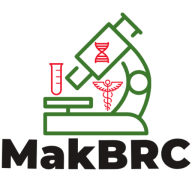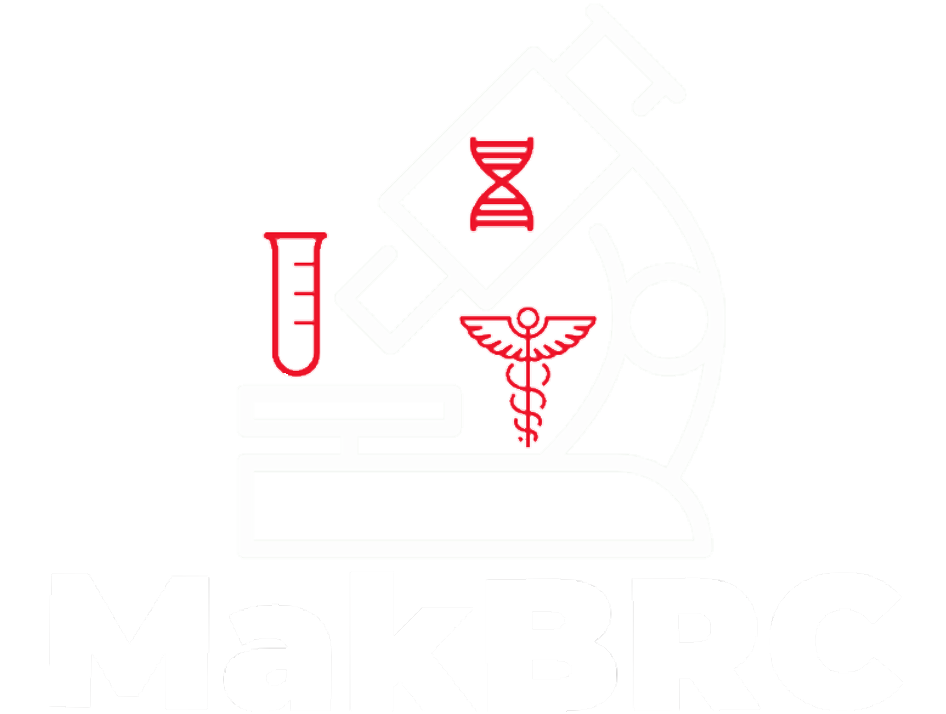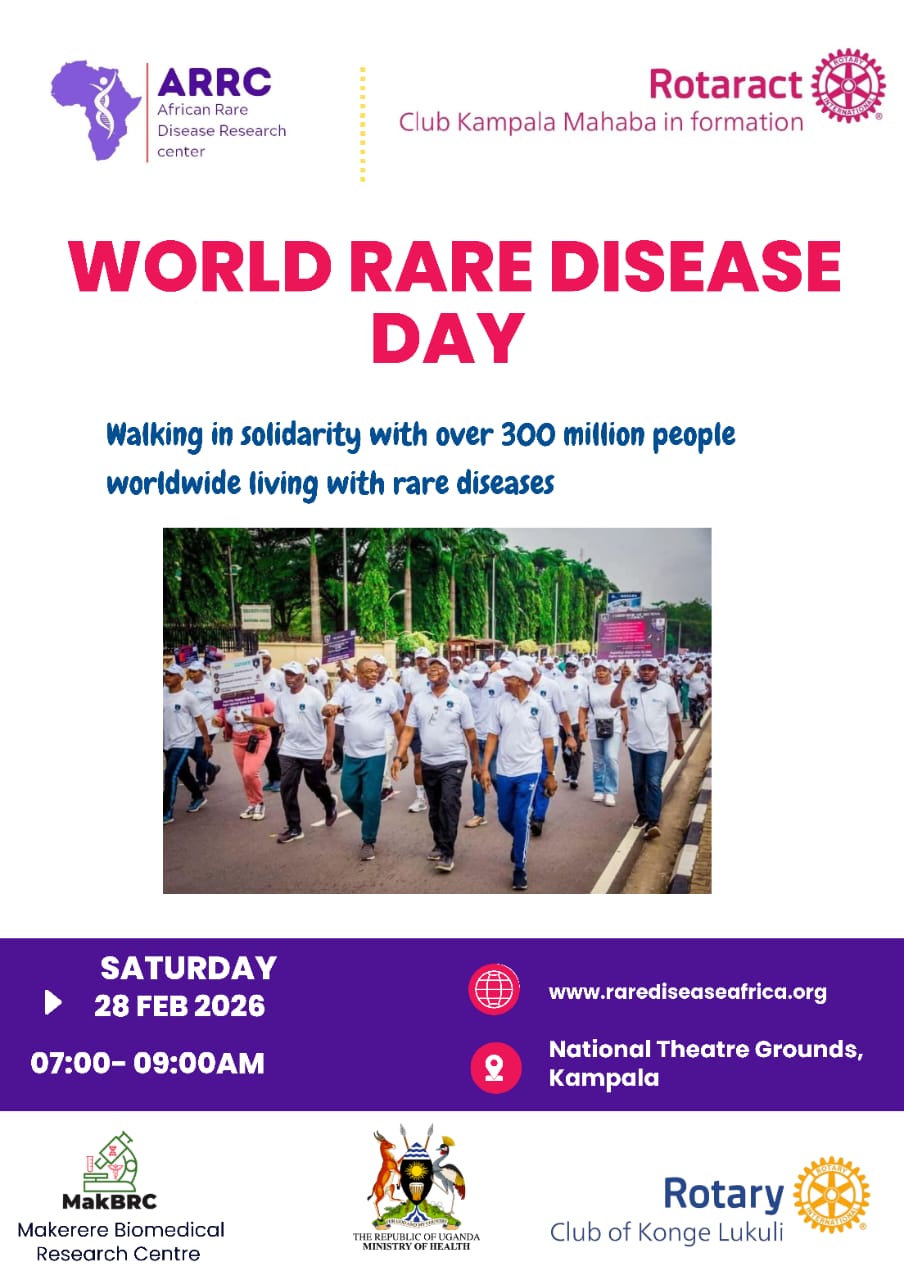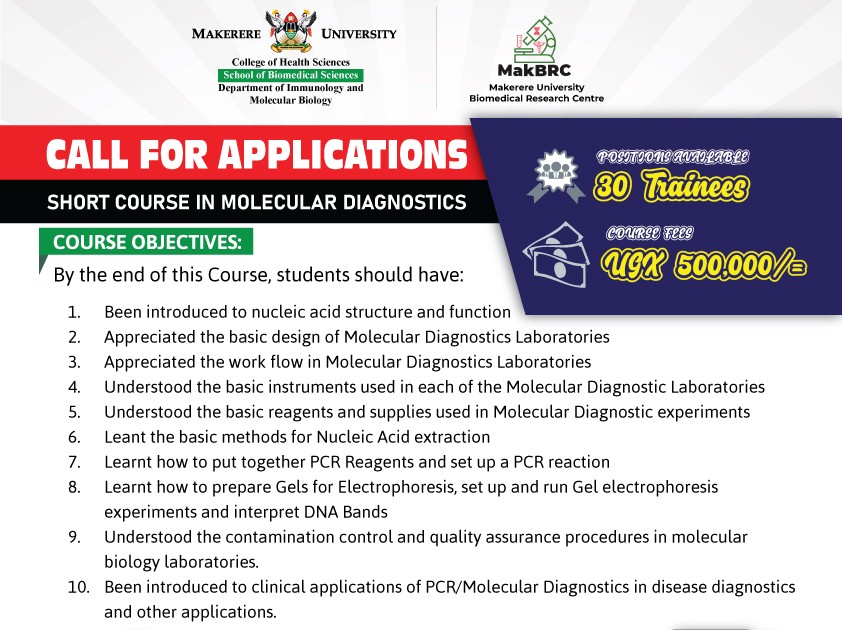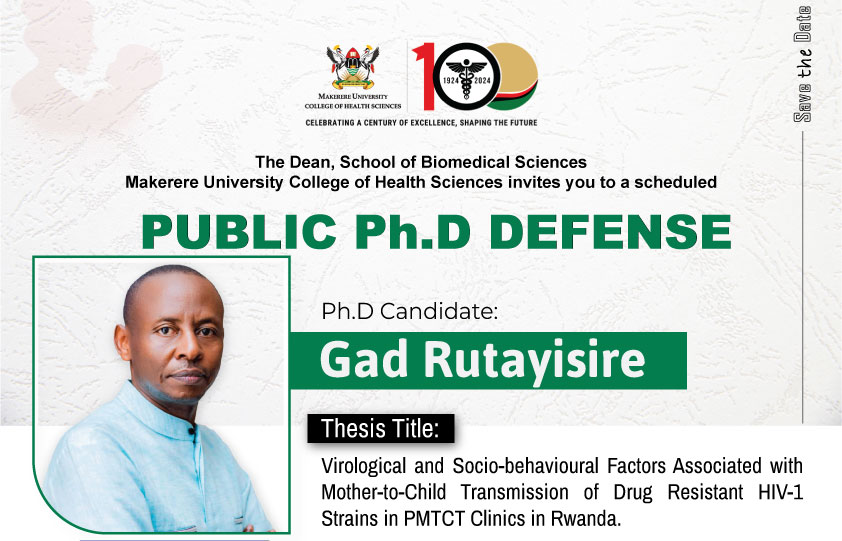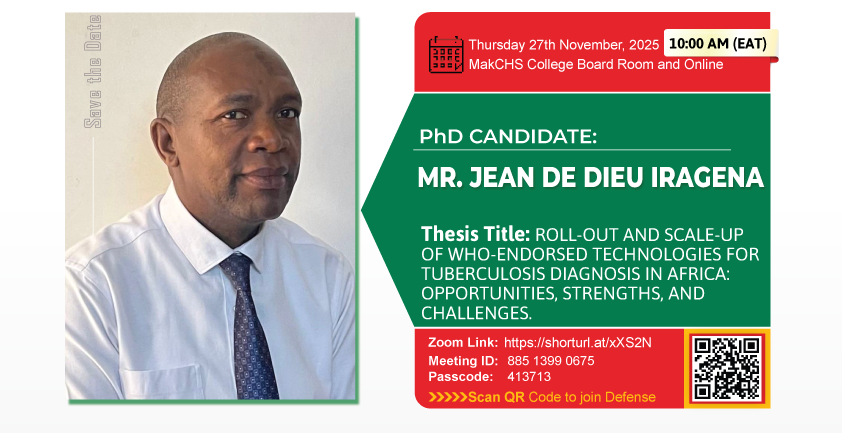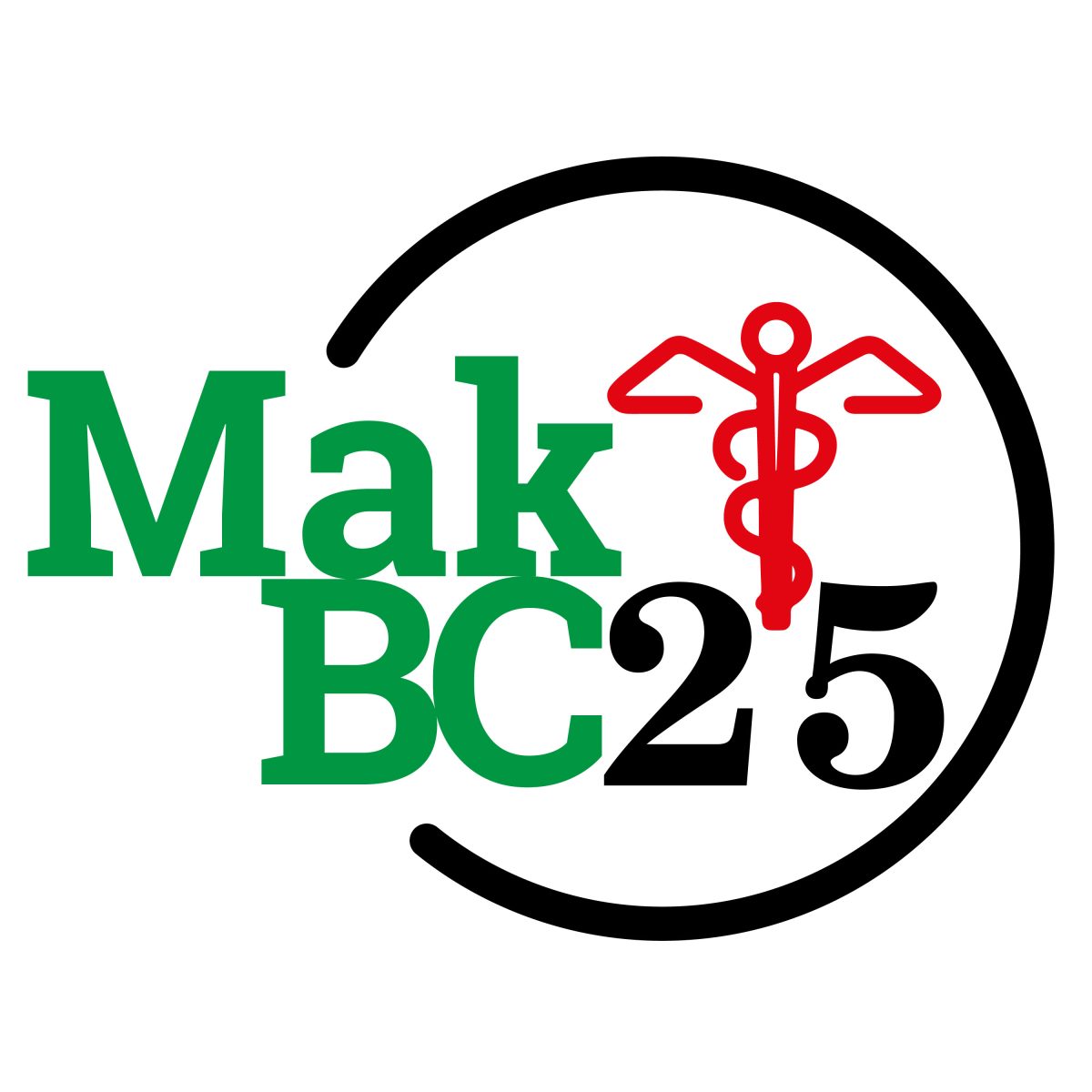Makerere University – College of Health Sciences
School of Biomedical Sciences, Department of Immunology and Molecular Biology
In collaboration with MakBRC – Makerere University Biomedical Research Centre
MakBRC invites applications for a Short Course in Molecular Diagnostics designed to provide hands-on training and foundational knowledge in modern molecular diagnostic techniques.
📌 Course Overview
This intensive short course equips participants with both theoretical knowledge and practical laboratory skills in molecular diagnostics. By the end of the training, participants will be able to confidently perform and interpret key molecular biology laboratory techniques.
🎯 Course Objectives
By the end of the course, participants will be able to:
-
Understand nucleic acid structure and function
-
Appreciate the design of Molecular Diagnostics laboratories
-
Understand workflows in Molecular Diagnostics laboratories
-
Identify instruments used in molecular diagnostics labs
-
Understand reagents and supplies used in molecular diagnostic experiments
-
Perform nucleic acid extraction methods
-
Prepare PCR reagents and set up PCR reactions
-
Prepare and run gel electrophoresis and interpret DNA bands
-
Apply contamination control and quality assurance procedures
-
Understand clinical applications of PCR and molecular diagnostics
👥 Target Audience
-
Graduate students with basic molecular biology exposure (e.g., MICM, MSBT, etc.)
-
Final-year undergraduate students with molecular biology exposure (e.g., BBLT, BMLS, etc.)
-
Medical and veterinary clinicians
-
Agriculture professionals interested in practical molecular biology
📅 Course Dates
23rd – 27th March 2026
🏷 Available Slots
30 Trainees Only
💰 Course Fee
UGX 500,000/=
💳 Payment Details
Bank: Stanbic Bank
Account Number: 9030024502219
Account Name: Makerere University Biomedical Research Center Limited
Branch: Mulago
📍 Venue
Genomics, Molecular & Immunology Laboratories
Makerere University
📝 How to Apply
-
Send your signed application via email to kigoziedgar@gmail.com, indicating your current qualification (e.g., BBLT). Include your physical address and phone contact (preferably WhatsApp-enabled).
-
Attach:
-
National ID or Passport bio-data page
-
Current Transcript/Testimonial
-
Degree Certificate (if already obtained)
-
Applications will be reviewed, and successful applicants will be notified via email.
-
Once admitted, course fees must be paid within 5 days, or the slot may be allocated to another applicant.
📞 Contact Information
Apply now and enhance your skills in Molecular Diagnostics through practical, hands-on laboratory training!
